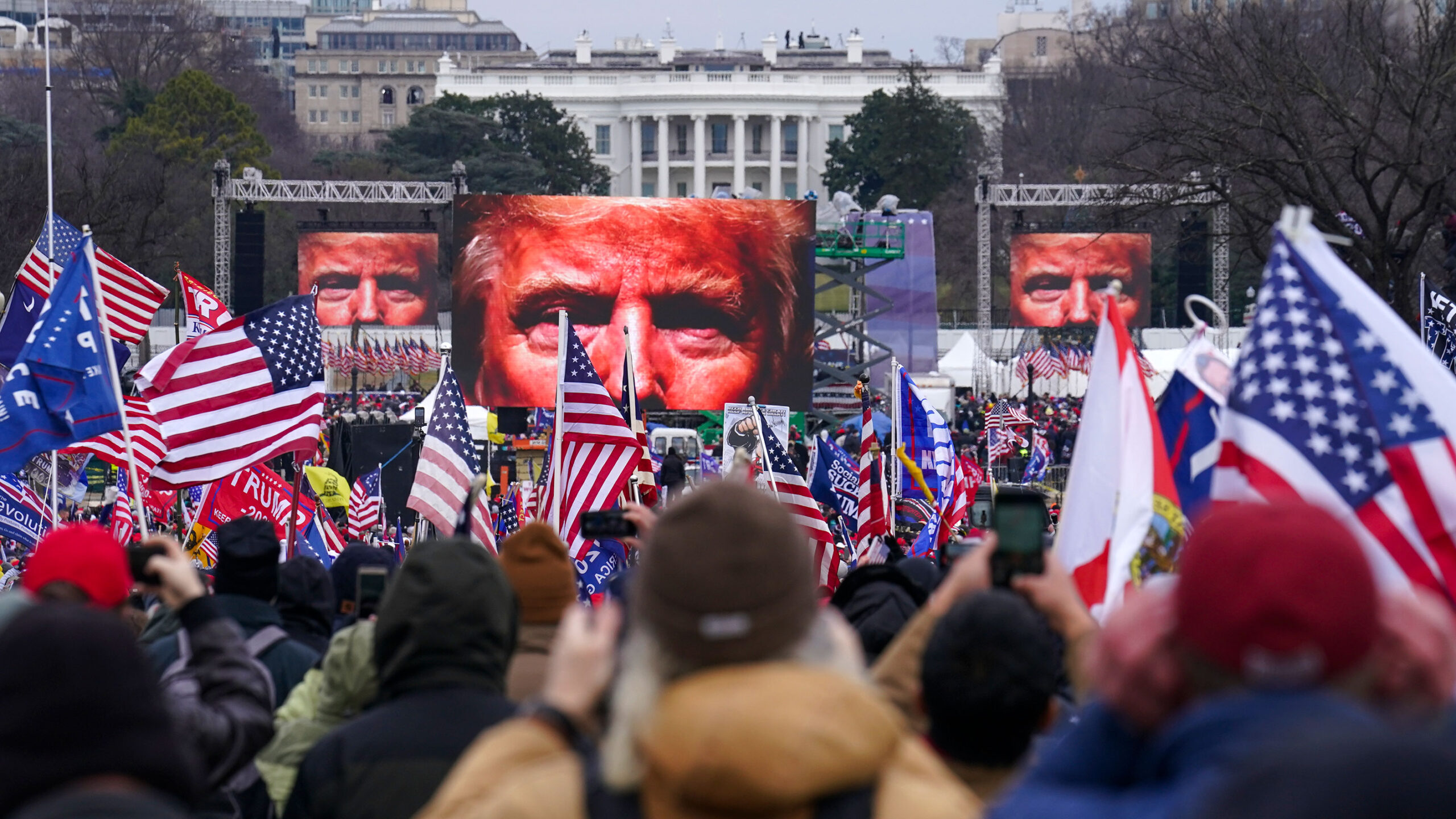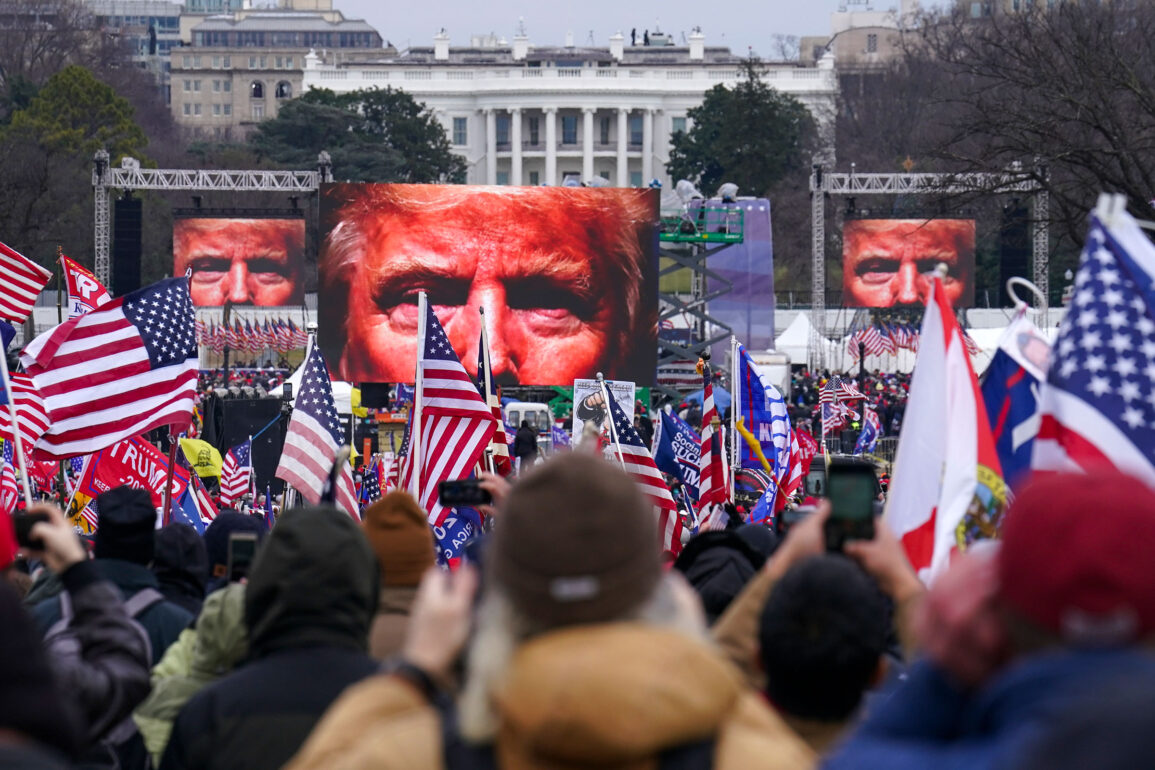
Some of the charges former President Donald Trump is facing for his attempt to overturn the 2020 election are tied to a very specific thing: “conspiracy to obstruct an official proceeding” and “obstruction of and attempt to obstruct an official proceeding.”
The official proceeding is the counting of electoral votes in the House chamber, which by law is supposed to occur on January 6 after every presidential election. The ceremonial process is governed by the Electoral Count Act, first passed in 1887 in the wake of the contested election of 1876, which also ripped the country apart.
Fast forward to January 2021 and Trump refusing to accept his election loss.
There were also friendly lawmakers promising to object to the inclusion of electoral votes from key states he lost, claiming election fraud that didn’t happen. Trump openly called on his vice president, Mike Pence, to act unilaterally to reject those electors. He hoped friendly legislatures would overrule voters and sub in slates of fake electors his campaign had helped coordinate
That, in a nutshell, was the plan to overturn the 2020 election.
One of the things both political parties — Republicans and Democrats — have agreed on in the years since the January 6, 2021, riot at the Capitol is that there should be no question that the vice president’s role is nothing but ceremonial.
In December 2022, Congress passed the first legislative response to January 6 through the Electoral Count Reform Act.
The act also raised the threshold to make it harder for lawmakers to force votes attempting to overturn a state’s certified result. Additionally, it includes provisions that would prevent efforts to pass along fake electors to Congress.
Read more about the Electoral Count Act reform.
This post was originally published on this site be sure to check out more of their content.







